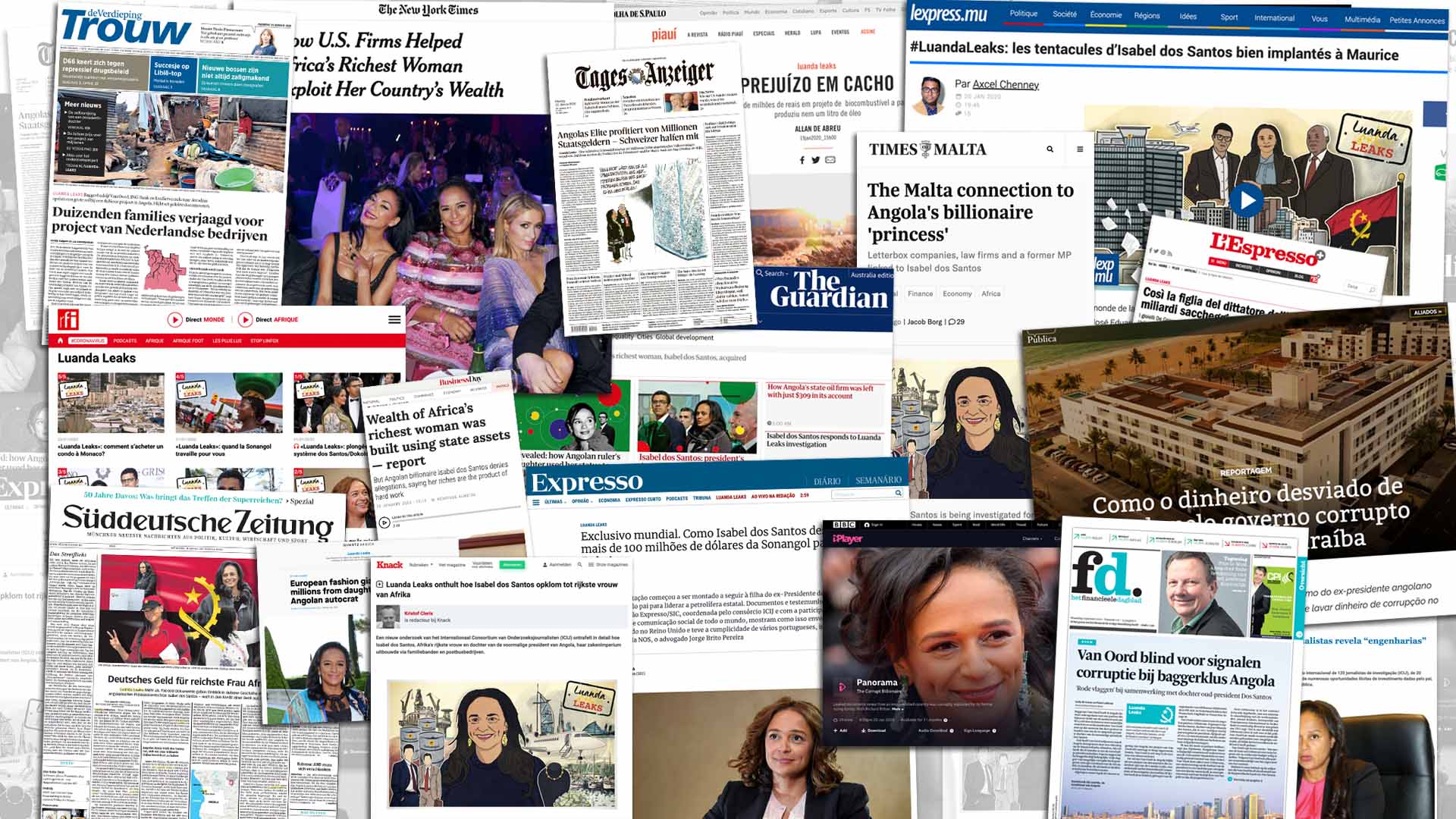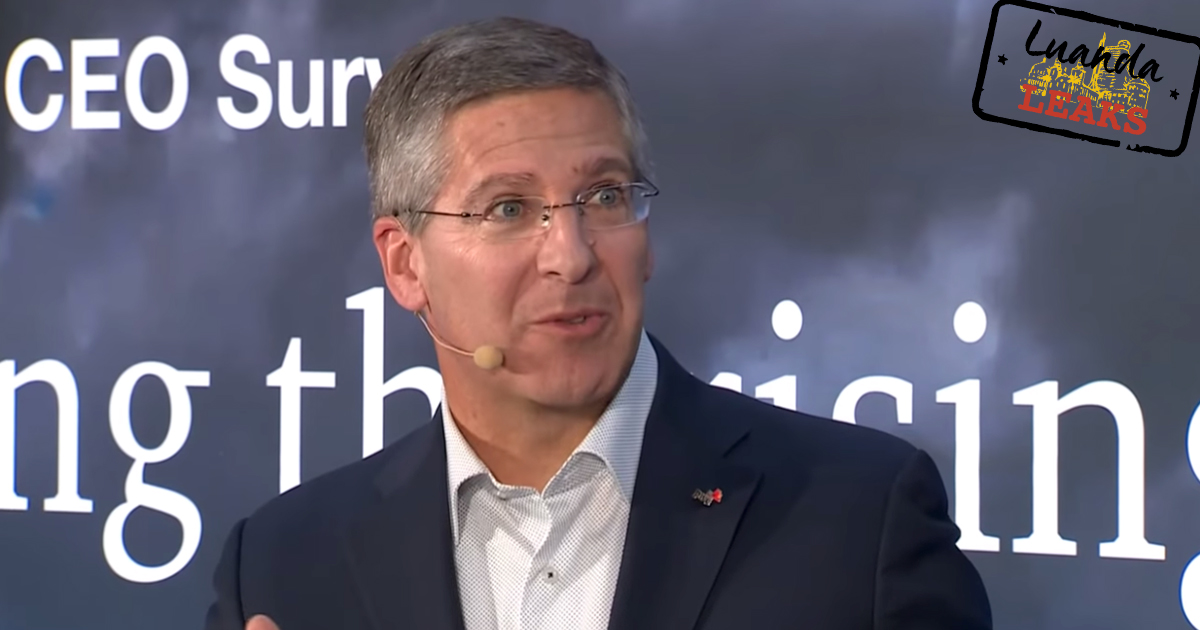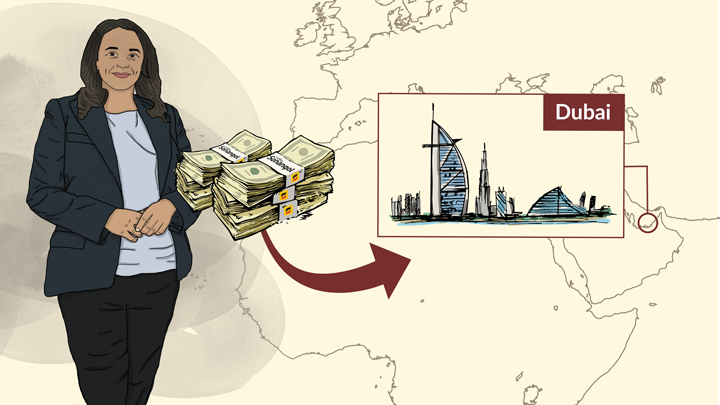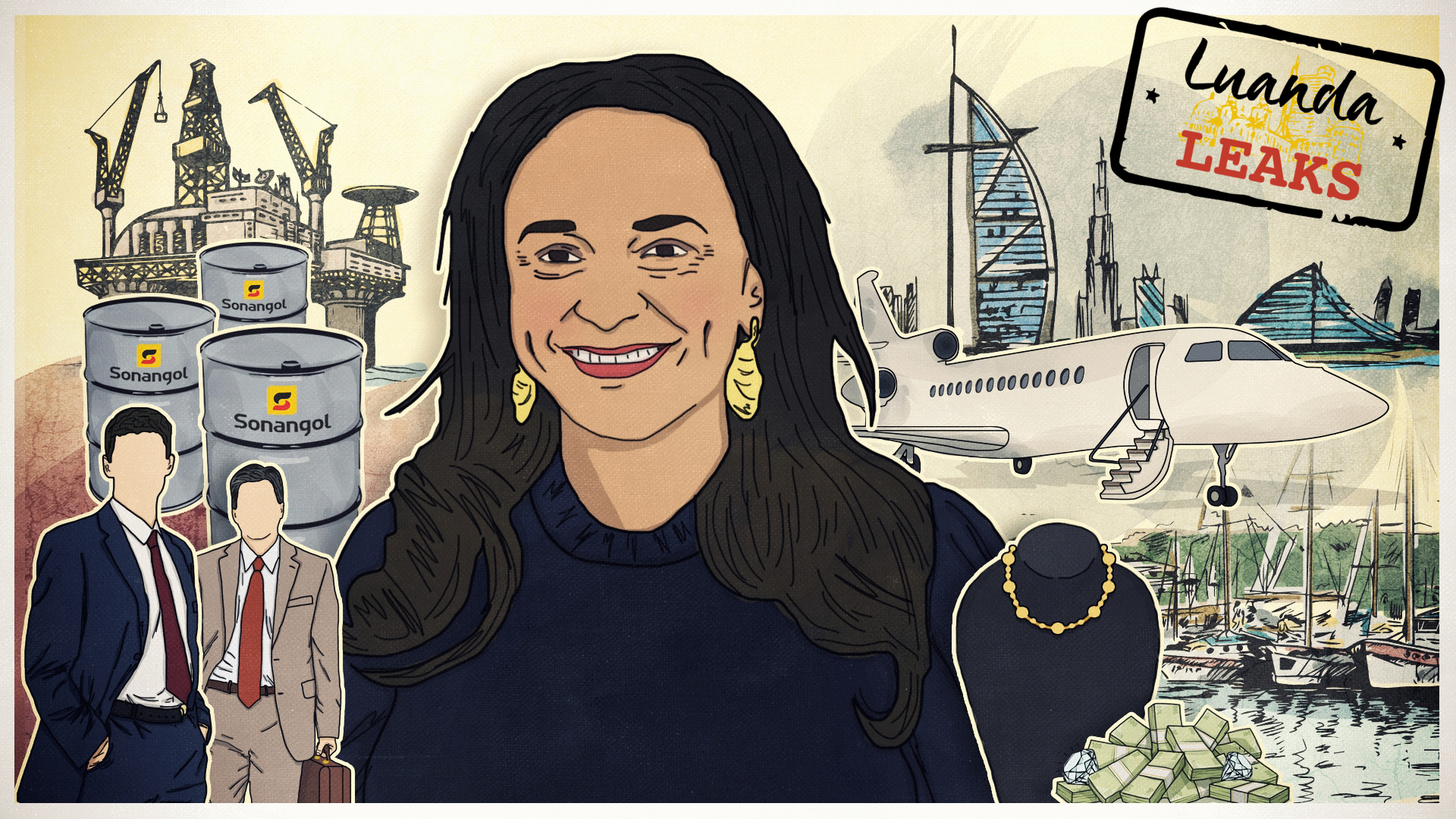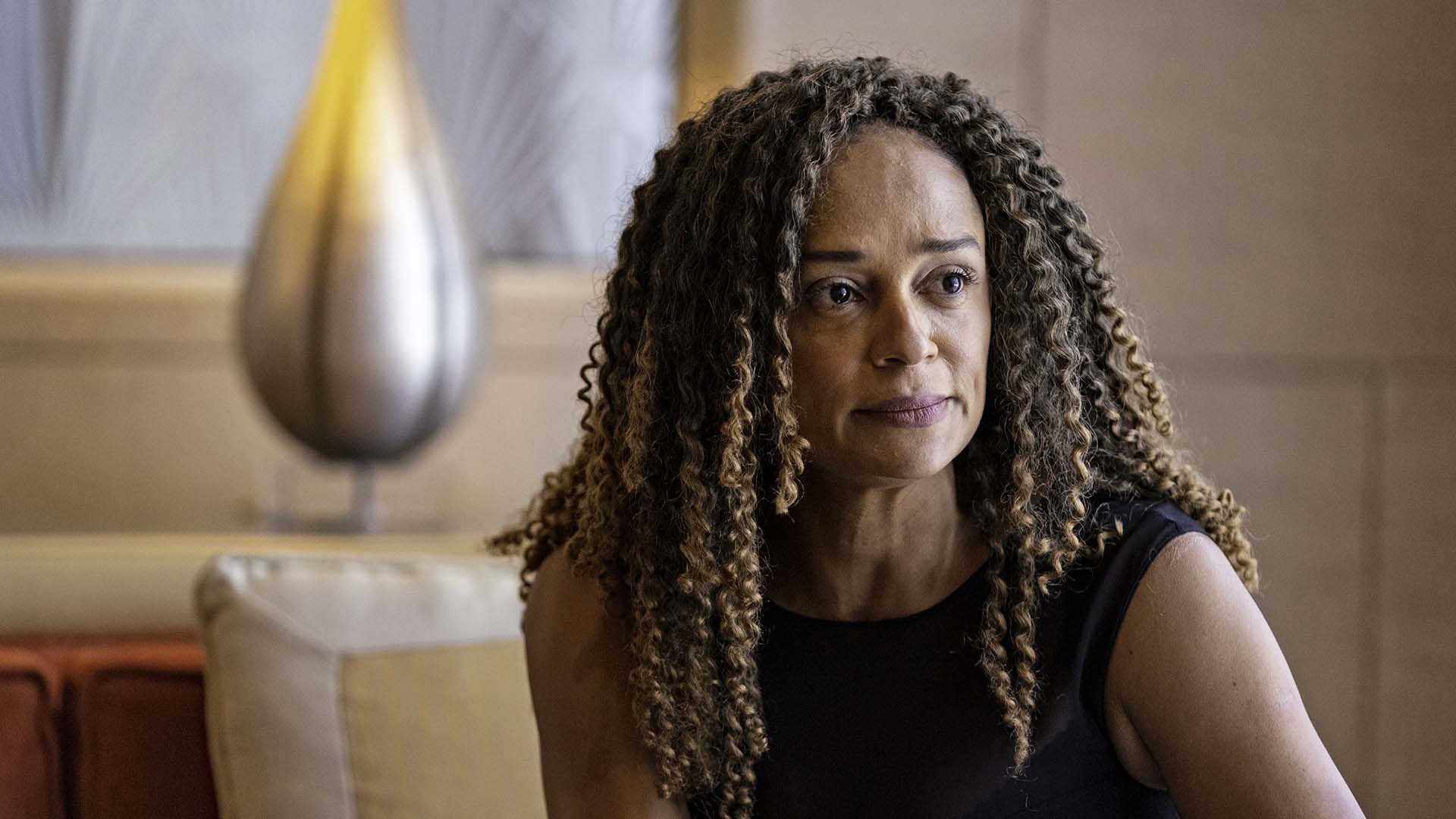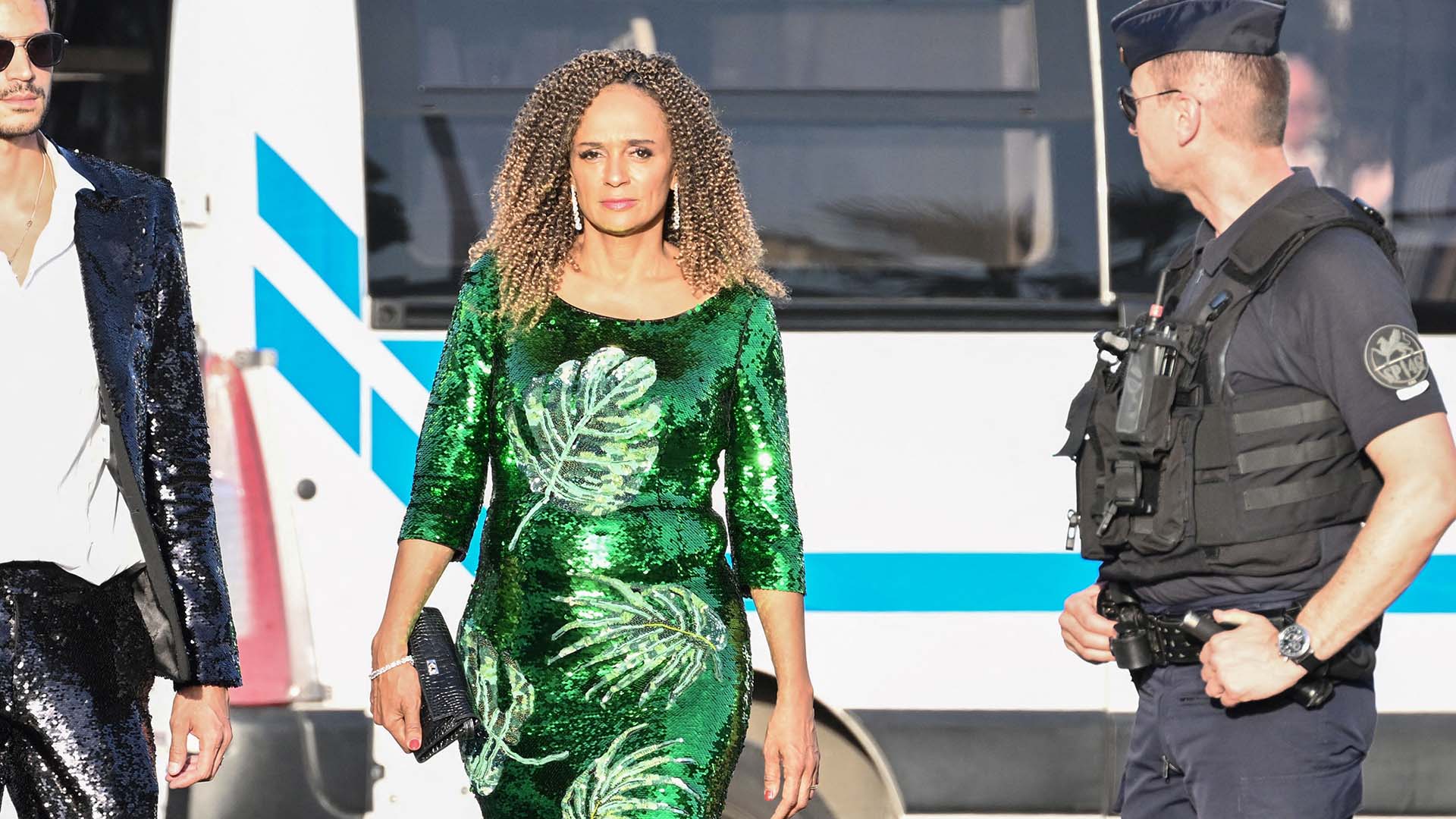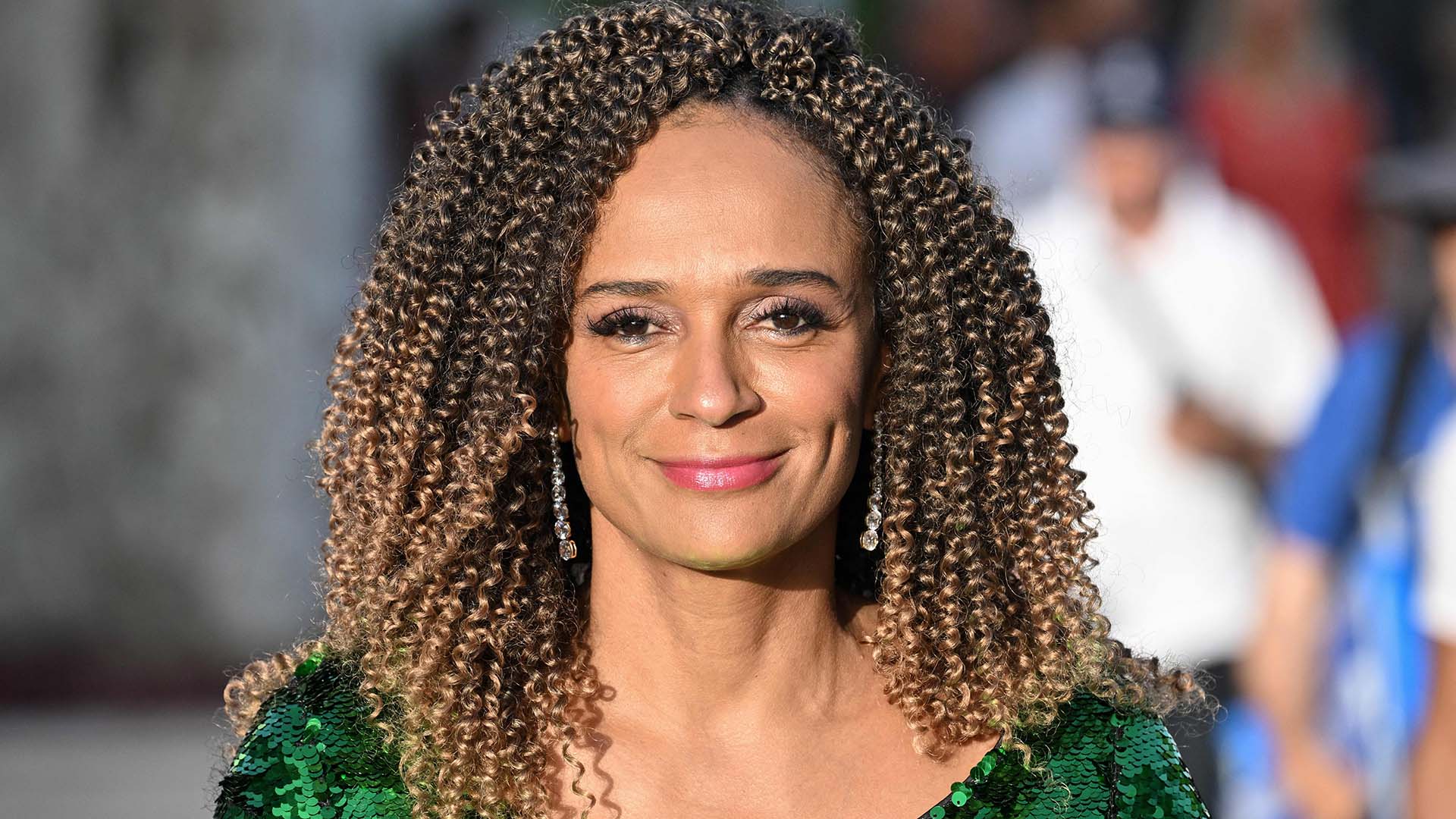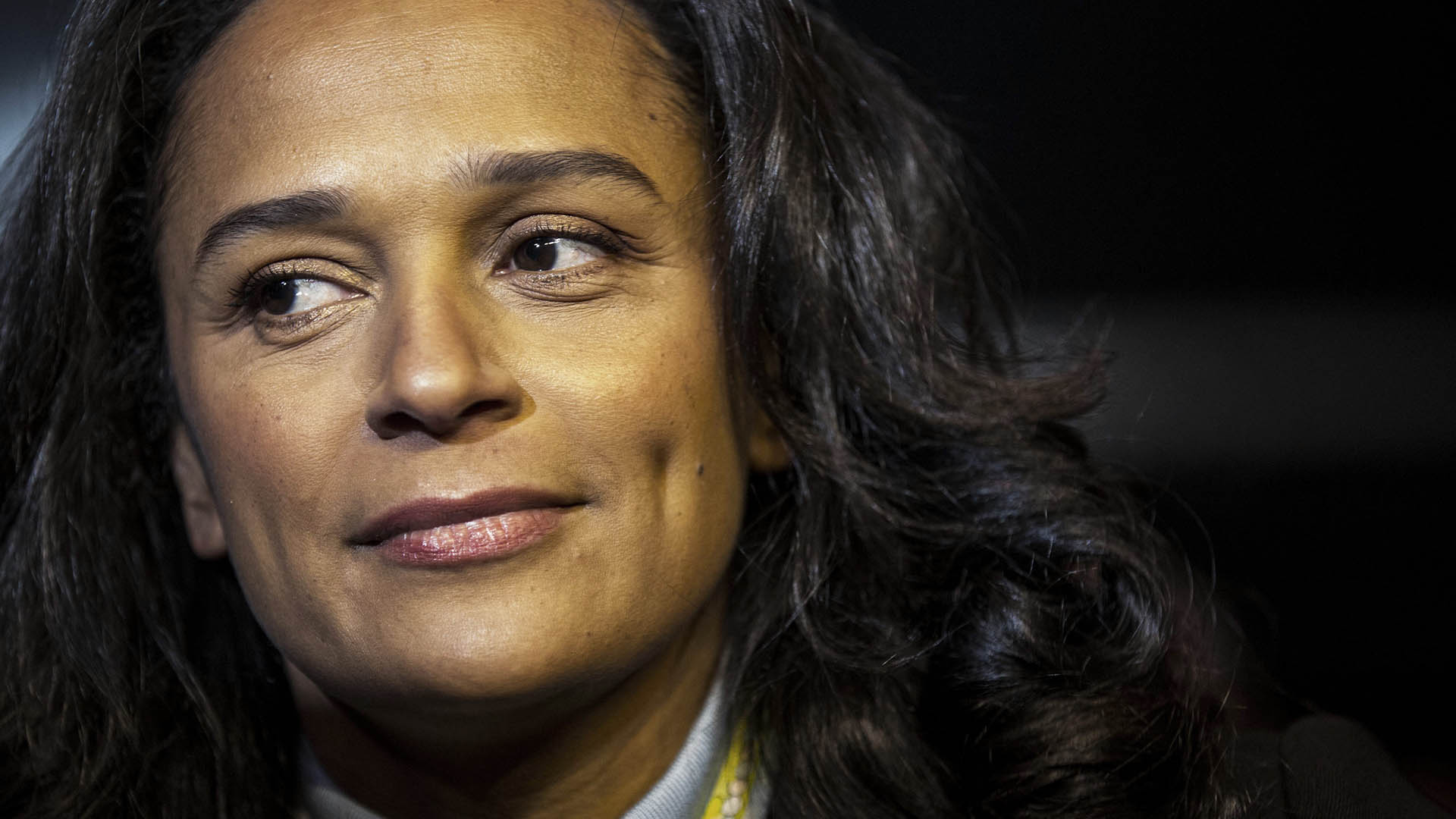Luanda Leaks, a new investigation from the International Consortium of Investigative Journalists, reveals how billionaire Isabel dos Santos accumulated wealth through public contracts, handouts and insider deals while her father ruled Angola.
ICIJ and 36 media partners traced dos Santos’ business dealings from Angola to Europe to Dubai to Brazil and beyond, and exposed the Western professional advisers who made it all possible. (Through her lawyers, dos Santos has denied any allegations of wrongdoing.)
Here are Luanda Leaks stories from ICIJ partners across the globe:
Angola
Carlos Rosado, a veteran economics reporter and editor, appeared on TV Zimbo to discuss the Luanda Leaks findings and explain how ICIJ’s model works. The investigation was also covered by Angolan reporters who weren’t part of the ICIJ collaboration, including in Jornal de Angola and Novo Jornal.
Brazil
Reporters at Agência Pública exposed links between an associate of Isabel dos Santos’ father, José Eduardo dos Santos, and luxury real estate developments on the coast of Paraiba in northeastern Brazil. Brazilian police believe the associate, former Angolan state oil company executive José Carlos de Castro Paiva, diverted money from Angola to Brazil and invested it in a luxury apartment building and a resort, Agência Pública found.
Another Brazilian media outlet, Revista Piauí, reported on a biofuel project involving Portuguese energy company Galp, which is partly owned by dos Santos. The project resulted in millions of dollars in losses to the Brazilian state company Petrobras, Piauí revealed. The Luanda Leaks investigation was also published by Poder360.
Cape Verde
Cape Verdean journalist Margarida Fontes worked with British media outlet Finance Uncovered to reveal dos Santos’ moves into the up-and-coming tourist hotspot 400 miles off the coast of West Africa, including the risks posed by dos Santos’ stake in Banco Bic Cabo Verde.
Luxembourg
Weekly newspaper Woxx highlighted connections between dos Santos and entities in Luxembourg in its Jan. 23 issue.
Malta
Malta has a well-earned reputation as an offshore financial center so it was no surprise to Times of Malta reporter Jacob Borg when he found plenty of connections between the tiny European Union country and dos Santos’ empire of shell companies. Among the financial service providers who helped dos Santos and her husband in Malta: a former ambassador and member of parliament.
Mauritius
Dos Santos also took advantage of the secrecy afforded by the tax haven of Mauritius. Her family created at least five companies registered in the Indian Ocean island republic, L’express Maurice reporter Axcel Chenney learned. One of the Mauritian companies is a shareholder in an Angolan company that received $150 million in government funding earmarked for, among other things, a beer factory.
Namibia
Lazarus Amukeshe of The Namibian and Lionel Faull of British media outlet Finance Uncovered teamed up to investigate dos Santos’ banking operations in Namibia. Their reporting raises serious questions about why the Bank of Namibia allowed a bank in which dos Santos had the largest stake to operate in the country.
The Netherlands
Reporters for Trouw and Het Financieele Dagblad revealed that thousands of Angolan families have been violently evicted from their homes to make way for an urban development project involving dos Santos, Dutch dredging company Van Oord, ING Bank and Atradius, the Dutch export credit agency. In response to questions from ICIJ’s Dutch partners, Van Oord promised to “use its leverage” with the Angolan government to ensure the evicted families are compensated.
Portugal
Expresso’s Micael Pereira, who has years of experience reporting on Angola, teamed up with SIC Notícias’ Luís Garriapa to dig into $115 million in public funds that were transferred from Angolan state oil company Sonangol to a Dubai company owned – at least on paper – by dos Santos’ close friend and business partner. SIC Notícias also broadcast a 25-minute documentary on their findings, which aired in Portugal and Angola.
Sweden
SVT reported on the business relationship between Swedish telecommunications company Ericsson and Unitel, a mobile phone company in which dos Santos owns a 25% stake. One of the shareholders in Unitel has accused dos Santos and other Angolan shareholders of emptying Unitel’s coffers for their own benefit.
Switzerland
Tamedia detailed the use of Angolan public funds to finance a failing Swiss jewelry company controlled by dos Santos’ husband, Sindika Dokolo, as well as another preferential deal that gave Dokolo shares in Portuguese energy company Galp. Reporters Christian Brönnimann and Sylvain Besson published their investigation in French (Tribune de Genève) and German (Tages-Anzeiger).
Tages-Anzeiger also ran a front-page cartoon about dos Santos’ planned participation at the World Economic Forum meeting in Davos. (Her participation was cancelled after ICIJ sent questions to the forum as part of its investigation). Here’s the translation: “Maybe they let you participate at the WEF as an environmental activist. At least your frozen accounts help to cool down the climate.”

These are just a few of the reports that came out of the Luanda Leaks collaboration. You can find more links to our partners’ coverage below and a full list of media partners here.
- Belgium: De Tijd, Knack and Le Soir
- France: Le Monde and Radio France Internationale
- Germany: NDR, Süddeutsche Zeitung and WDR
- Italy: L’Espresso
- South Africa: Financial Mail
- Spain: El Confidencial and La Sexta
- United Kingdom: BBC, Finance Uncovered and the Guardian
- United States: PBS, Quartz and The New York Times
